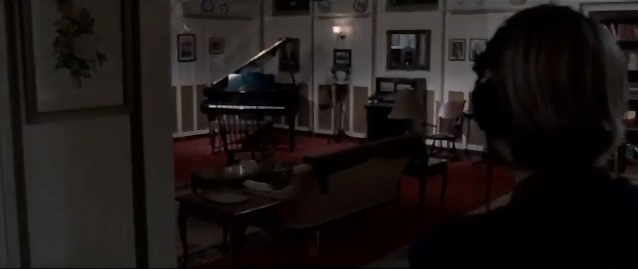


I don't know of transformative works, but I have found places where my art was used unaltered without attribution or payment. Maybe some other artists have taken bits and pieces from what I've done and made something new. I have used existing works of art as inspiration, as reference material, as grist for the mill.

I make a part of my living as a designer and illustrator. The American system of copyright does not, in fact, recognize Moral Rights (it's mostly concerned with people getting paid), but the romantic ideal that somehow the artist's intent should trump future artists' intent forever and ever is anti-Art. What's being referenced here is the noxious concept of Moral Rights, the idea that an artist's right to preserve the integrity of a piece of work can and should prevent anyone else from editing them in any way-including, apparently, using the original work as a springboard for something new. "With this in mind, I am certain you can understand that he felt violated to find his image of Miles Davis, one of his most well-known and highly-regarded images, had been pixellated, without his permission "With all due respect, I'm certain I can't understand how Maisel's hurt feelings are worth $32K. "He is a purist when it comes to his photography," his lawyer wrote. In Baio's account, he quotes Maisel's lawyer: Maisel is one of the most successful commercial photographers in the world. I'm not going to go into the legal issue here-I have strong feelings about the stupidity of the current state of intellectual property law and I'll bore you all some other time-but I do think that the story poses the question, what motivates an artist to take such disproportionate and vindictive action against a fan? It's not money-Mr. The original photographer of the Davis portrait, Jay Maisel, sued Baio for copyright infringement. Andy Baio, a tech enthusiast, made a series of chiptune versions of Miles Davis's tunes on Kind of Blue when he distributed the files, he included a version of the Kind of Blue cover that had been highly pixelated. Making the Internet rounds today is this disturbing piece on. Unfortunately, this doesn't mean that indignant, entitled, or greedy individuals won't try to assert their claim. The value of these things lies in part to their having no ownership, to the way they float in the air, literally or figuratively. The popularity of this story speaks to a deep, common-sense understanding that there are some things of value that are beyond commerce.


 0 kommentar(er)
0 kommentar(er)
